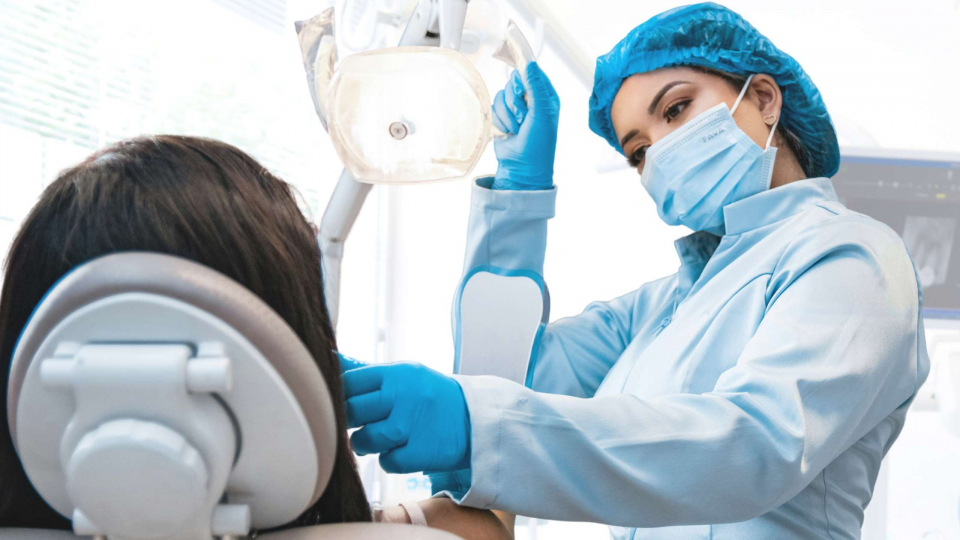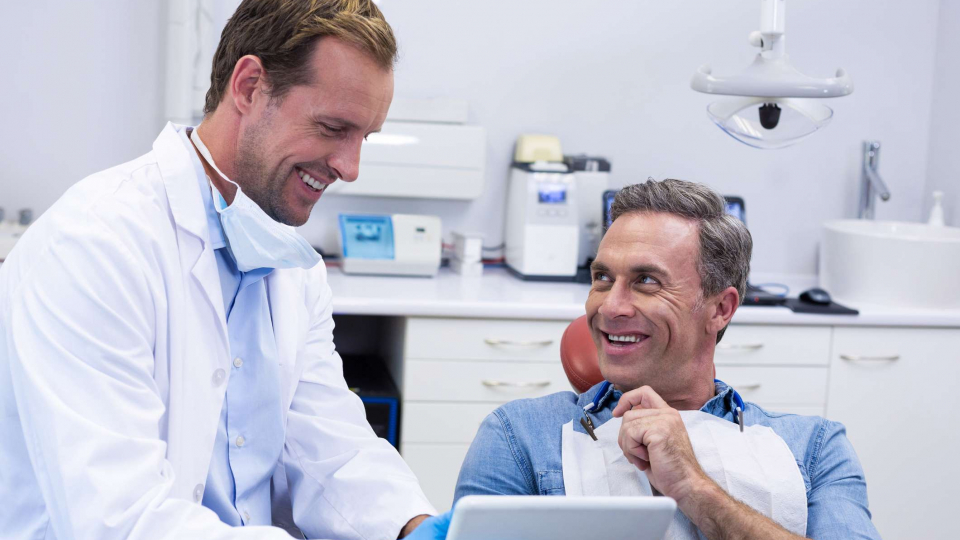Smoking is often a contraindication to getting dental implants. There are a range of concerns regarding oral health caused by smoking that can make dentists think twice about a patient’s candidacy for the treatment.
But does that mean you cannot get dental implants if you smoke?
The answer isn’t so simple.
Firstly, let’s look at the underlying concerns smoking raises.
Why Does Smoking Affect Your Chances of Getting Dental Implants?
It’s important to start by saying it doesn’t matter what you smoke, the oral health concerns are largely the same. Cigarettes, marijuana, and vaping all affect the health of your mouth.
The biggest complication is that smoking negatively affects the mouth’s ability to self-clean and heal. This is problematic at the best of times but can cause severe issues when oral surgery is involved.
Chief amongst the concerns are:
• Decreased saliva flow resulting in a dry mouth (or cotton mouth). This is common across all forms of smoking. Saliva is crucial to keeping the mouth clean and healthy, washing away bacteria and helping to prevent bacteria. Dry mouths are the perfect breeding ground for bacterial infections.
• Decreased blood flow to the gums. Adequate blood flow is essential for the body’s ability to heal. Nicotine and Tobacco restrict blood flow to the vessels near the skin, such as around our gums. Without this blood flow, oral surgical sites have a lower chance of healing quickly or healing properly.
• Dirtying the surgical site. Any time there is surgery on the body, it’s important to keep the site of the surgery clean and as sterile as possible. Smoke introduces chemicals and particulate into the mouth that can and will dirty the surgical site, increasing risk of infection.
Essentially, smoking greatly increases the risk of post-operative complications from oral surgery, particularly the significantly increased risk of developing oral bacterial infections.
Can You Get Dental Implants If You Smoke?
The short answer is “yes”.
As established above, smoking can increase the chance of oral infections. If damage has already been done to the mouth, or is in the early stages of being done to the mouth, this could definitely preclude someone from dental implants.
However, if the mouth is otherwise healthy it can still be a viable procedure. The most important thing will be quitting smoking immediately before and after surgery. At a minimum, this is 2 weeks prior to surgery and up to 3 months after surgery.
Nicotine patches can be worn in this time but be aware that nicotine is a vasoconstrictor regardless of how it’s ingested and will still constrict blood flow to the gums.
After the implant is set in place, patients can return to smoking. It’s important, however, that they maintain their oral hygiene at a high level. Brush teeth after smoking can greatly reduce the chance of developing infection and keep the mouth healthy longer.
Regardless of whether one smokes or not, getting regular dental checkups after dental implants is important to monitor the progress of the implant and prevent any complications that may arise.






